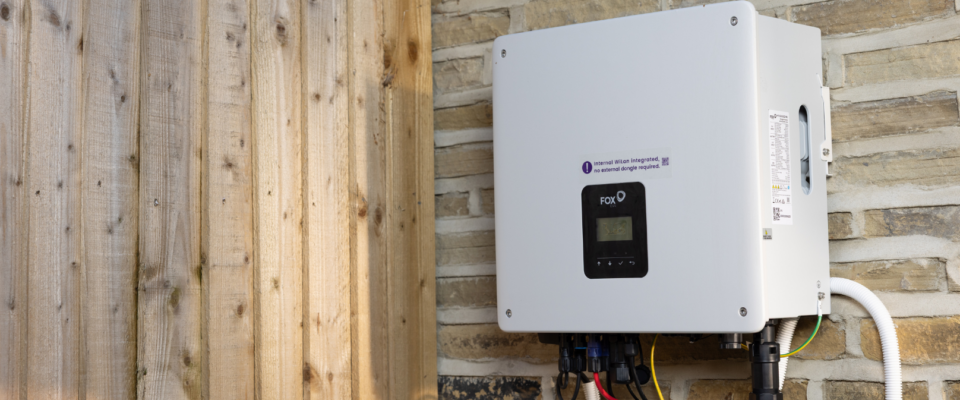A solar panel system that stores energy for when you need it most is unbeatable, and that’s the promise of pairing panels with a properly-sized solar battery.
Ideally, the right battery should balance solar panel output with a household’s daily consumption patterns. Pick the size that complements (rather than overpowers) your setup, and you may be able to avoid unnecessary budgetary strain.
If you’re interested in why sizing matters and how to match battery capacity to demands, stay with Project Solar.
What is a solar battery?
A solar battery, also known as a battery energy storage system (BESS), is a necessary addition to any solar setup. These devices can store electricity made by the PV modules (which convert sunlight into DC electricity).
But what does this mean for users?
Homeowners can use the energy stored in the battery on days when energy produced by their solar panel is lower than needed at the time (e.g., at night or during cloudy conditions). If there’s a grid outage, you can have a backup energy supply.
The battery bank is an indispensable component of a solar PV system, and purchasing the correct size can make a significant difference. A solar battery that’s too small will be under greater stress and may have a reduced lifespan.
Equally, one that’s larger than necessary could see you paying more than you need up front. So, if you’re wondering ‘what size solar battery do I need?’, the answer may not always be straightforward.
How are solar battery sizes measured?
While solar batteries are measured using several metrics, the main ones indicate their capacity and discharge capabilities. kWh is a common unit for expressing the overall storage capacity of a solar battery system.
Batteries are measured in kilowatts (kW), and this number tells you the total energy the battery can store. It’s the most common sizing metric because it’s directly comparable to household energy usage, which is billed in kilowatt-hours (kWh).
However, buyers should remember that batteries can’t safely use 100% of their stored energy: Depth of Discharge (DoD) indicates how much of the capacity you can reliably use (most being between 90–95%).
Why is choosing the right solar battery size important?
1. Optimal performance
With a properly sized battery, energy storage matches your generation and usage patterns.
Lithium-ion batteries, for example, achieve around 90–95% round-trip efficiency when operated within optimal capacity ranges; undersized or oversized systems can operate in less efficient regimes.
2. Meeting energy demands
Ultimately, the main purpose of a solar battery is to store energy for when solar panels aren’t producing enough power.
Choosing the correct size guarantees your battery can supply the proper amount of energy for daily consumption and critical loads during periods without solar input.
3. Financial implications
No one wants to pay too much or delay payback periods, and that’s exactly what could happen with an improperly sized battery. But optimal sizing balances installation costs with energy savings: a win-win!
4. Scalability
This might be the start of your solar journey, but why not think about the future? If you plan to add more solar panels or appliances, an undersized battery could become a bottleneck.
You may want to invest in a modular or stackable system so that it’s easier to increase capacity when the time comes.
Are you ready to join the solar takeover?
Ready to power your home with reliable energy storage? Discover Project Solar UK’s award-winning Lithium Iron Phosphate (LFP) solar battery systems! Stackable up to 10 units, we can tailor your system to meet household demands.
If your needs grow, our batteries can expand with you. Take the next step: explore Project Solar UK’s solar battery range and contact us to get a free, no-obligation quote.




